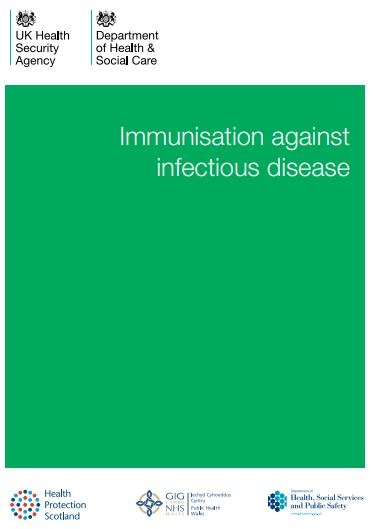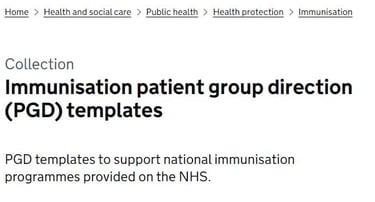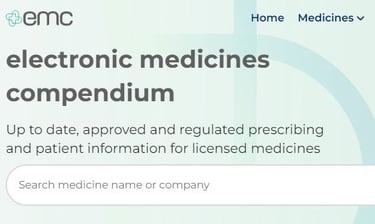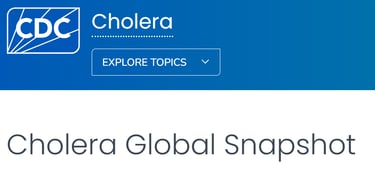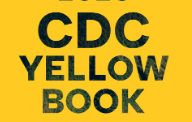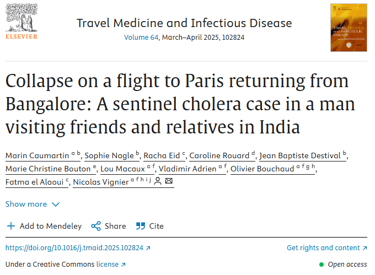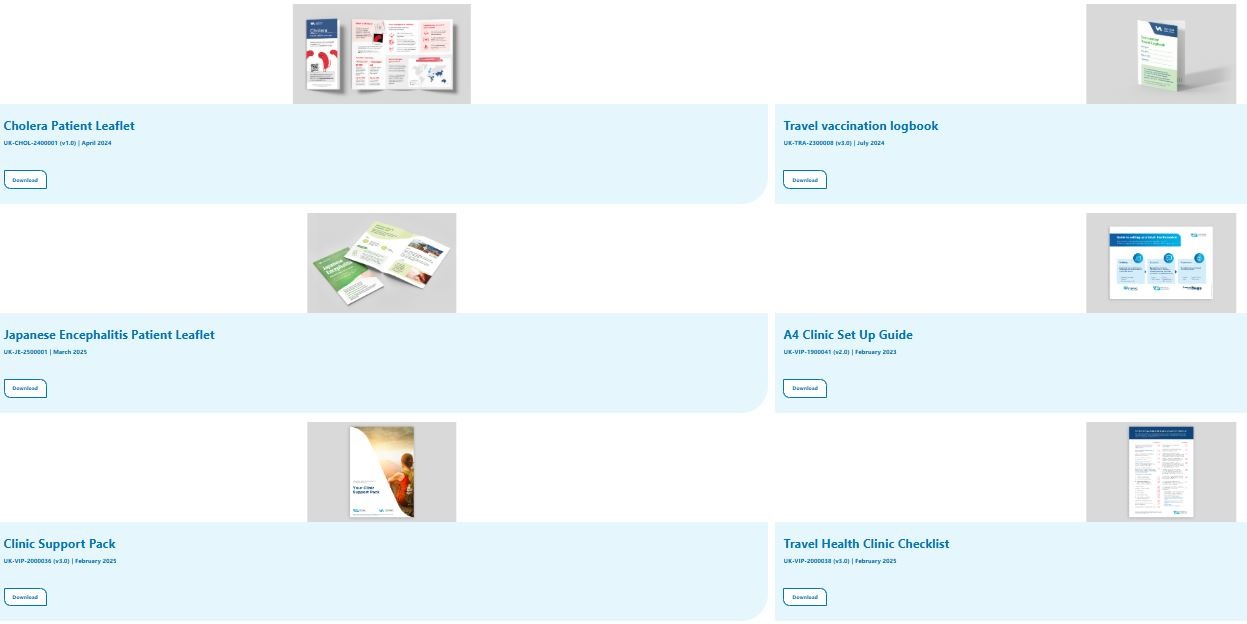Stay Awesome

Keeping up to date: Things to know in practice currently:
9th Jan 2026: Novel cholera vaccine shows promise in phase 1 trial. Hello and good luck to 'PanChol' (pandemic cholera vaccine), another single-dose, live-attenuated oral cholera vaccine derived from the V cholerae 01 strain, which has been responsible for most global cholera outbreaks.
20th Nov 2025: Keep an eye on cholera recs!! NaTHNaC has been busy reviewing the recommendations.
12th Nov: South Africa making first new cholera vaccine in decades
30th August 2025: 750 hospitalised with cholera, gastroenteritis in Pakistan.
14th August 2025: Sudan cholera outbreak kills 40 in a week as health centres overwhelmed
31st July 2025: 80,000 children at high risk of cholera as outbreaks spread across 12 countries in West and Central Africa
7th March 2025: Cholera cases reported in the United Kingdom and Germany linked to Ethiopia
On the 2nd August 2024 the GB chapter was updated. See it here. Vaxchora finally made it's GB debut.
2023 Vaxchora made an appearance with a UK license being granted- a single dose, LIVE oral vaccine. This has now doubled our options for cholera vaccines! (by-the-way Vaxchora has also been known as 'Orochol' and 'Mutacol' in other countries). See below for more details.

Vaccine Reminders:
Dukoral, is a killed, whole cell vaccine
Adults and children from six years of age (two doses given orally):
● First dose of vaccine on day 0.
● Second dose at least one week later (if more than six weeks have elapsed between doses, the primary immunisation course should be re-started).
Children from two to below six years of age (three doses given orally):
● First dose of vaccine on day 0.
● Second dose at least one week after the first dose.
● Third dose at least one week after the second dose (if more than 6 weeks have elapsed between doses, the primary immunisation course should be re-started).
Must be taken on an empty stomach, with clean water
Store refrigerated (2–8°C)
Immunisation should be completed at least 1 week prior to potential exposure to V. cholerae for optimum protection.
Vaxchora is a live, attenuated, single dose vaccine
Adults and children from six years of age:
A single oral dose should be administered at least 10 days prior to potential exposure to V. cholerae.
Mix the sachets as described in the patient information leaflet with 100ml of cold or room temperature water in a cup.
Children from two to below six years of age:
A single oral dose should be administered at least 10 days prior to potential exposure to V. cholerae.
Mix the sachets as described in the patient information leaflet with 100ml of cold or room temperature water in a cup. Half (50ml) of the buffer solution should then be discarded before proceeding to add in the active component sachet 2.

What is cholera anyway?
A bacterial infection caused by Vibrio cholerae, cholera leads to profuse watery diarrhoea. It’s a risk in places with poor sanitation, particularly after natural disasters or in refugee settings.
What happens If you catch it?
Sudden onset of painless, severe watery diarrhoea (rice water stools), vomiting, and rapid dehydration. Without rehydration, it can be fatal. Every year, it is estimated that 1.3 to 4 million people get cholera, and between 21,000 to 143,000 people die.
How does It Spread?
Faecal-oral route—contaminated water, food, or poor hygiene practices. Uncooked seafood and untreated water are common culprits.
Does getting cholera make you Immune?
Infection provides short-term immunity. Reinfection is possible. The vaccine offers partial protection and is mainly used for outbreak control or high-risk travel.
Can it be treated?
Yes. Rehydration is the cornerstone—oral or IV fluids. Antibiotics are used in severe cases to shorten duration and reduce spread.
Who’s most at risk?
Aid workers, healthcare staff in outbreak zones
Travellers to affected regions with limited access to clean water
People with reduced stomach acid (e.g. on PPIs)
Children and elderly with limited fluid reserves
Travelers who consistently observe safe food, water, sanitation, and hand hygiene precautions have VERY low risk of infection.

Top reasons to support vaccination (when indicated):
Reduces risk in high-exposure environments
Protects those working in humanitarian or disaster zones
May reduce severity and duration if infection does occur
Shell fish can give you cholera!
People who have low gastric acidity have a greater risk for infection, and they, along with those with blood type O, are at greater risk for developing severe disease if infected.
Untreated cholera can cause rapid loss of body fluids, which can lead to severe dehydration, hypovolaemic shock, and death within hours. Prompt rehydration is hence the cornerstone of cholera treatment!
Every year, it is estimated that 1.3 to 4 million people get cholera, and between 21,000 to 143,000 people die. But exact numbers are tricky because surveillance is often poor in the countries that suffer with it the most. Many outbreaks can go unreported.



